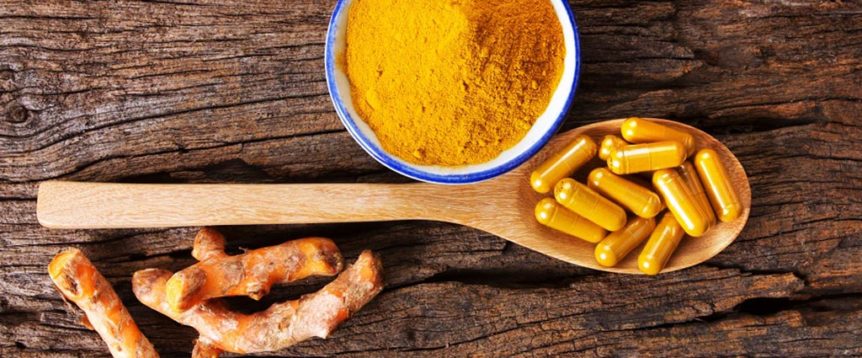› What is it?
Curcumin is the primary active ingredient in the turmeric root, which is grown throughout parts of Asia and Central America. Turmeric has been used in Asia for thousands of years as a medicinal herb and is a key ingredient in curry powder.
› Health benefits
Studies have found that curcumin may reduce heart attacks in bypass surgery patients, control knee pain from osteoarthritis, and reduce skin irritation in breast cancer patients being treated with radiation. It is commonly used as a dietary supplement for inflammation; however claims that curcumin helps to reduce inflammation aren’t as well-supported by research. Preliminary studies have also looked at curcumin’s effects on different cancers, colitis, diabetes, surgical pain, Alzheimer’s disease, rheumatoid arthritis, and for reducing mouth plaque.
› How much do I need?
Curcumin is generally considered safe when taken by mouth for health purposes. The dosage used in a summary of 15 clinical studies ranged from 180 to 2,000 mg of curcumin daily. However, high doses or long-term use have been known to cause mild gastrointestinal problems. Be sure to follow relevant directions on product labels, and consult your pharmacist, physician or other healthcare professional before using.
› In food
Curcumin is a naturally occurring compound found in turmeric, which is a spice commonly used in Asian cooking and an important ingredient in curries. Turmeric comes from the root of Curcuma longa, a plant in the ginger family. It looks similar to a ginger root, but with an intense yellow color. The average Indian diet provides around 2,000 to 2,500 mg of turmeric, or about 60 to 100 mg of curcumin, per day.
› Dietary supplements
Curcumin is considered the main active ingredient in turmeric, and it can be taken alone or as part of a turmeric supplement. Most studies use extracted turmeric with a high concentration of curcumin or curcumin alone. However, turmeric has other macro- and micronutrients believed to also have anti-inflammatory and antioxidative properties.
Source: National Center for Complementary and Integrative Health, National Center for Biotechnical Information
Please consult your health care provider before making changes to your vitamin/supplement regimen.


